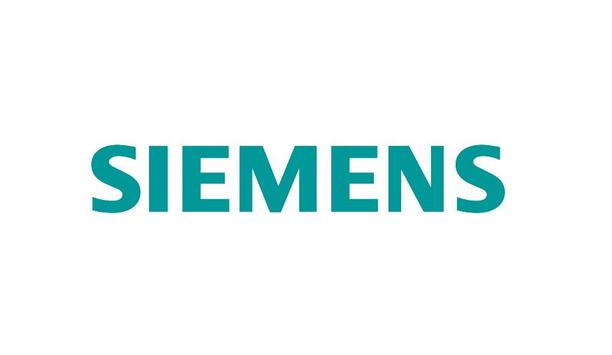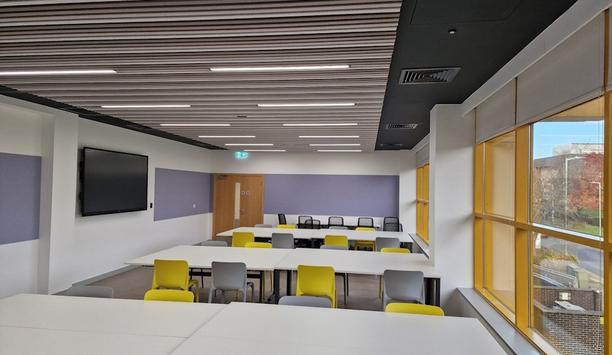China has driven down solar PV manufacturing costs, helping spur the vital technology’s success while at the same time resulting in a major concentration of global PV supplies.
Ensuring a secure transition to net zero emissions will require increased efforts to expand and diversify global production of solar panels whose global supply chains are currently heavily concentrated in China, the IEA said in a new special report.
Solar panel production
Chinese industrial and innovation policies focused on expanding solar panel production and markets have helped solar PV become the most affordable electricity generation technology in many parts of the world. However, this has also led to imbalances in solar PV supply chains, according to the IEA Special Report on Solar PV Global Supply Chains, the first study of its kind by the Agency.
Chinese industrial and innovation policies focused on expanding solar panel production
Global manufacturing capacity for solar panels has increasingly moved out of Europe, Japan and the United States over the last decade and into China, which has taken the lead on investment and innovation.
China’s share in all the key manufacturing stages of solar panels exceeds 80% today, according to the report, and for key elements including polysilicon and wafers, this is set to rise to more than 95% in the coming years, based on current manufacturing capacity under construction.
Clean energy transitions
“China has been instrumental in bringing down costs worldwide for solar PV, with multiple benefits for clean energy transitions,” said IEA Executive Director - Fatih Birol
He adds, “At the same time, the level of geographical concentration in global supply chains also poses potential challenges that governments need to address. Accelerating clean energy transitions around the world will put further strain on these supply chains to meet growing demand, but this also offers opportunities for other countries and regions to help diversify production and make it more resilient.”
Meeting international energy and climate goals requires the global deployment of solar PV to grow on an unprecedented scale. This in turn demands a major additional expansion in manufacturing capacity, raising concerns about the world’s ability to rapidly develop resilient supply chains.
Existing production facilities
China has been instrumental in bringing down costs worldwide for solar PV"
For example, annual additions of solar PV capacity to electricity systems around the world need to more than quadruple by 2030 to be on track with the IEA’s pathway to reaching net zero emissions by 2050.
Global production capacity for the key building blocks of solar panels – polysilicon, ingots, wafers, cells and modules – would need to more than double by 2030 from today’s levels and existing production facilities would need to be modernized.
“As countries accelerate their efforts to reduce emissions, they need to ensure that their transition towards a sustainable energy system is built on secure foundations,” said Dr Birol, adding “Solar PV’s global supply chains will need to be scaled up in a way that ensures they are resilient, affordable, and sustainable.”
Manufacturing supply chains
Governments and other stakeholders around the world have begun to pay increasing attention to solar PV’s manufacturing supply chains as high commodity prices and supply chain bottlenecks have led to an increase of around 20% in solar panel prices over the last year. These challenges – particularly apparent in the market for polysilicon, a key material for making solar panels – have resulted in delays in solar PV deliveries across the globe and higher prices.
The IEA special report argues that these challenges call for even greater attention and efforts by policy makers going forward. The report examines solar PV supply chains from raw materials all the way to the finished product, covering areas such as energy consumption, emissions, employment, production costs, investment, trade and financial performance.
Solar panel lifetime
This brief payback period compares with the average solar panel lifetime of around 25 to 30 years
It finds, for example, that the electricity-intensive manufacturing of solar PV is mostly powered by fossil fuels today because of the prominent role of coal in the parts of China where production is concentrated – but that solar panels still only need to operate for four to eight months to offset their manufacturing emissions.
This brief payback period compares with the average solar panel lifetime of around 25 to 30 years. Increasing decarbonization of electricity supplies and greater diversification of solar PV supply chains should both help reduce this footprint in the future, the report notes.
Because diversification is one of the key strategies for reducing supply chain risks worldwide, the special report assesses the opportunities and challenges of developing solar PV supply chains in terms of job creation, investment requirements, manufacturing costs, emissions and recycling.
Addressing key challenges
It finds that new solar PV manufacturing facilities along the global supply chain could attract USD 120 billion of investment by 2030. And the solar PV sector has the potential to double the number of PV manufacturing jobs to 1 million by 2030, with the most job-intensive areas in the manufacturing of modules and cells.
The special report summarises policy approaches that governments have taken to support domestic solar PV manufacturing and highlights priority areas for action to improve security of supply and to address key challenges such as environmental and social sustainability, investment risks and cost competitiveness.







